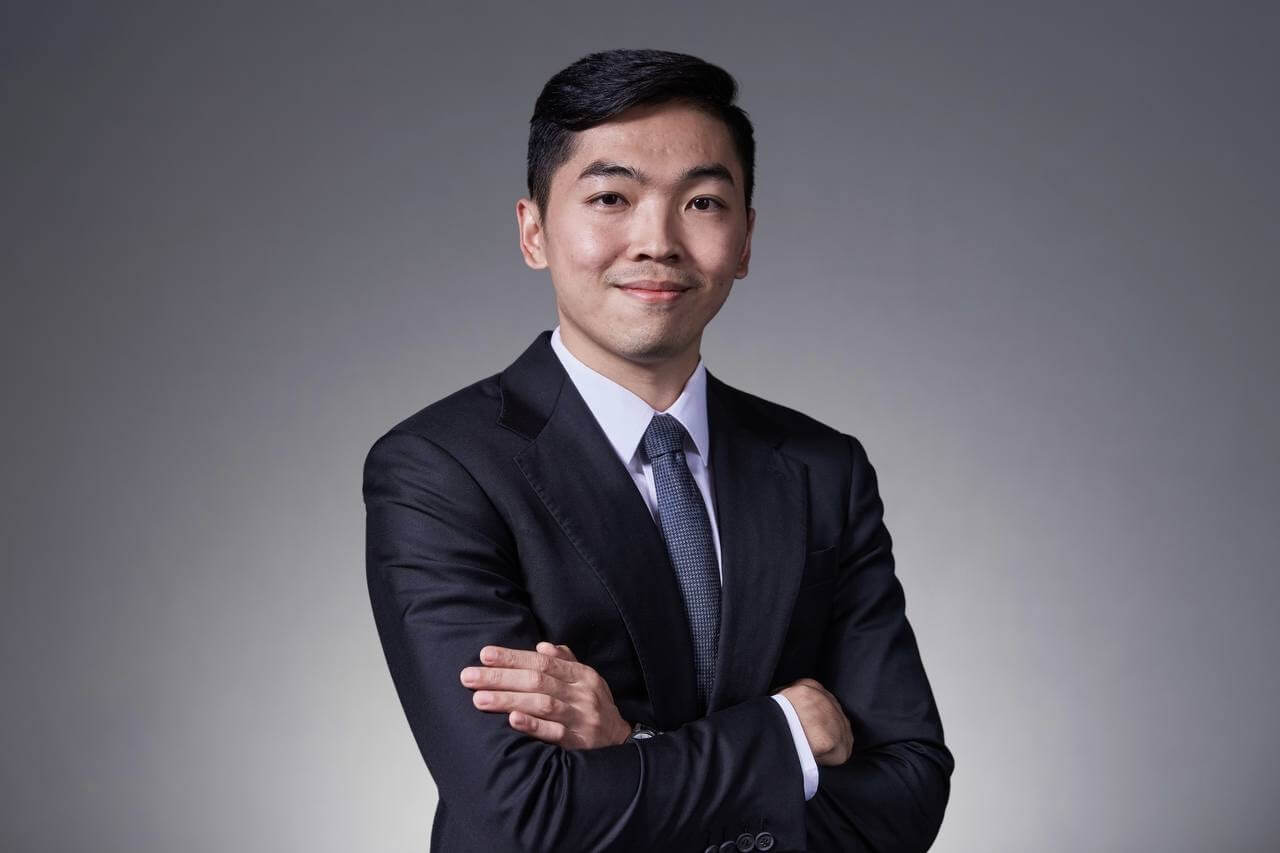Corporate Accountability for Criminal Offences in Singapore
-
Insight Article 31 July 2025 31 July 2025
-
Asia Pacific
-
Regulatory movement
-
Regulatory & Investigations
Is the Company guilty too? Unpacking Corporate Accountability for criminal offences in Singapore
Introduction
How can a company, without a physical body or mind, commit a crime? A company acts through people – its employees, agents and officers. Consequently, the actions or knowledge of an individual may be legally attributed to the company — a concept known as corporate attribution. In the context of criminal offences, this means that a company may be held criminally responsible for offences committed by their employees, agents or officers.
Recently, the test for corporate attribution in the context of criminal offences came under scrutiny by the High Court of Three Judges in Public Prosecutor v China Railway Tunnel Group Co Ltd (Singapore Branch) [2025] 4 SLR 69 (“China Railway”).
In China Railway, the Prosecution proceeded with three charges of corruption under section 6(b) read together with section 7 of the Prevention of Corruption Act (Chapter 241, 1993 Rev Ed) (“PCA”) against the defendant company (“Company”). The charges concerned the corrupt giving of gratification by two of the Company’s employees in the form of three loans totalling $220,000 to Mr Henry Foo Yung Thye (“Foo”), an employee of the Land Transport Authority of Singapore (“LTA”). One of the employees was Mr Xi Zhengbing (“Xi”), the general manager and head representative of the Singapore Branch.
At first instance, the District Court acquitted the Company on the ground that Xi’s acts and knowledge could not be attributed to the Company. The Prosecution appealed against the acquittal.
On appeal, the High Court issued a query to parties, and appointed a Young Independent Counsel (“YIC”), on whether the test for corporate attribution set out in the High Court case of Tom-Reck Security Services Pte Ltd v PP [2001] 1 SLR(R) 327 (“Tom-Reck”) ought to be reconsidered or modified in view of the Privy Council decision in Meridian Global Funds Management Asia Ltd v Securities Commission [1995] 2 AC 500 (“Meridian”).
For context, the Tom-reck test provides that a director or employee is the “directing mind and will of a company”, and therefore a person whose criminal acts and knowledge can be attributed to the company, if either of the following requirements are satisfied:
- (a) the person is the “living embodiment” of the company; or
- (b) the commission of the offence was performed as part of a delegated function of management.
On the other hand, the Privy Council in Meridian set out a broader test for attribution.
Under the Meridian approach, corporations may be liable for the actions of employees who purport to act with authority (even if they do not have actual authority), or liable under other “special rules of attribution” that courts may create. Such “special rules” are formulated by the courts in circumstances where a rule of law, either expressly or by implication, excludes attribution on the basis of general principles of agency. For example, the PCA requires some act or state of mind on the part of the principal itself as opposed to its servants or agents.
The YIC submitted that the Meridian approach should apply, and a special rule of attribution ought to be fashioned for the purposes of imposing corporate criminal liability under s 6(b) of the PCA. The YIC’s proposed rule was that the acts and mental states of the company’s employee(s) who deal directly with the agent with the company’s authority (even if they do not have actual authority), should be attributed to the company.
The Prosecution agreed and further submitted that the common law reasonable practicability exception should apply to address any concerns of overreach. Under this exception, attribution will not be permissible if the company has taken all reasonably practicable steps to prevent its employees from carrying out corrupt acts.
The High Court disagreed, finding that the approach proposed by the YIC and the Prosecution risked altering the nature of the PCA offence, which requires proof of corrupt intent. In essence, their proposed approach suggested that a company could be held liable even in the absence of corrupt intent, provided it failed to take reasonably practicable steps to prevent the commission of the offence.
In the circumstances, the High Court held that the Tom-Reck test ought to remain as the operative test for determining criminal liability by way of attribution. In applying the test, the High Court affirmed the District Court’s decision that Xi could not be deemed as the directing mind and will of the Company, as the Company had an extensive hierarchy and the Singapore Branch was only one of 24 different branches.
Even though Xi was the general manager and the head representative of the Singapore Branch, the charges were not preferred against the Singapore branch as it was not a separate legal entity. Further, the High Court found that there was insufficient evidence to show that the Company’s top management was aware of, or was somehow complicit in Xi’s illegal acts.
Practical Implications
By declining to reconsider and/or modify the Tom-Reck test in light of the Privy Council’s decision in Meridian, Singapore appears to maintain a narrower approach to corporate criminal liability. While it diverges from the approaches taken by other jurisdictions, Singapore’s stance appears to be grounded on a deliberate policy choice.
In a 2015 Business Times opinion editorial, the then-Attorney General V.K. Rajah SC highlighted that Singapore places emphasis on holding accountable the individuals who perpetrated the misconduct. When considering whether to prosecute a corporate entity, Singapore undertakes a careful balancing of all competing interests to avoid disproportionate collateral damage to innocent stakeholders such as employees, their families and shareholders. V.K. Rajah SC also commented that Singapore’s approach is contrasted with other countries such as the United States, where enforcement action has been focused at the corporate level.
Despite this, corporate accountability remains relevant in the Singapore context. Global developments in respect of “failure-to-prevent offences” impose corporate liability for the failure to prevent certain white-collar offences such as bribery, tax evasion and fraud, and multinational companies in Singapore may be subject to such foreign laws by virtue of their operations or business dealings.
Closer to home, it would also appear that the Attorney General Chambers (“AGC”) in Singapore has broadened its enforcement approach in recent years, pursuing both corporate entities and their officers in certain matters. Aside from China Railway, two recent cases are worth mentioning:
- In Public Prosecutor v Wong Chee Meng and another appeal [2020] 5 SLR 807, two construction companies were charged under the PCA and convicted for their involvement in a criminal conspiracy with their director and major shareholder, for their involvement in a conspiracy to give bribes to the former general manager of Ang Mo Kio Town Council.
- In Prime Shipping Corp v Public Prosecutor [2021] 4 SLR 795, Prime Shipping Corp (“Prime Shipping”) owned a chemical oil vessel tanker (“Prime South”) which was used to illegally misappropriate gasoil. Prime South (valued at USD$4.5m) was seized and forfeited as the High Court held that Prime Shipping’s chairman was the directing mind behind Prime Shipping, and Prime Shipping had chosen to ignore his involvement, as well as the illegal operations concerning Prime South. As such, it was clear that Prime Shipping was complicit in the commission of the offences.
There is also a possibility that Singapore may further expand the scope of corporate criminal liability. In China Railway, the High Court acknowledged the argument that having criminal liability imposed on companies that have failed to act with necessary diligence may be necessary in order to ensure that Singapore’s anti-corruption law can keep up with the modern corporate practice and large corporations with multiple layers in their corporate hierarchy. Nevertheless, the High Court considered Parliament to be the proper authority to assess whether an expansion of the scope of corporate criminal liability for corruption is necessary in Singapore.
It is therefore advisable for companies to establish and implement the appropriate compliance policies and procedures to manage the risks of errant behaviour by their employees, agents or officers, which could be attributable to the company.
End


